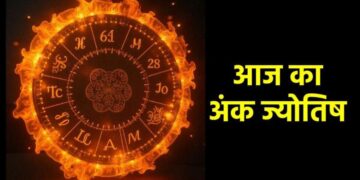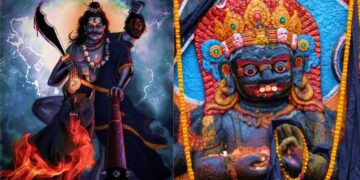What do we mean by thought? When do you think? Undoubtedly thought is the result of a reaction. It is either an immediate reaction of the senses to some subject or it is psychological, that is, the reaction of our stored memory. The reaction of the nerves to some subject is immediate and in addition there is a psychological reaction, which is the result of stored memory. Behind it is the influence of some caste, group, guru, family, tradition etc. You call all this thought. So is thought not a response of memory? If you did not have memory, you would not have thoughts. It is the response of memory to some experience that activates the thought process.
Suppose, for example, I call myself a Hindu and I have accumulated memories of nationalism. This store of memories of past reactions, actions, conclusions, traditions, customs responds to the challenge of a Muslim, a Buddhist or a Christian. This response of memory to this challenge necessarily gives rise to a thought process. If you look carefully at this thought process working within you, its truth will be tested automatically. Somebody has insulted you, and it remains in your memory; it becomes part of your background. When you meet that person, who is a challenge, the memory of that insult is your response. Thus this response of memory, which is the thought process, gives rise to Dharana; so Dharana is always conditioned and this is important to understand. This means that Dharana is the result of the thought process. The thought process is the response of memory, and memory is always conditioned. Memory is always of the past and any challenge brings that memory alive afresh in the present. Memory has no life of its own. When a challenge arises, it becomes alive in the present and all memory, whether it is dormant or active, is bound in sanskars, isn’t it so?
So a completely different approach is necessary. You have to find out within yourself whether you are doing action based on thought or action can happen without thought process. Let us find out what it is that is action which is not based on any concept.
When do you act without forming a concept? When is there action which is not the result of experience? As we said, action based on experience is limiting and therefore becomes a hindrance. Action is natural when it is not the product of concept, thought; and then the thought process based on experience does not control the action. This means that action is independent of experience only when it is free from the control of the mind. Realization occurs only when the mind based on experience does not direct the action, that is, when the thought based on experience does not give shape to the action. If there is no thought process, what is action? Is action possible without thought process? That is, I want to build a bridge, a house, I know the technique for it and that technique tells me how to build it. That is what we call action. Writing poetry, painting, performing political and social duties, doing what is right for society and the environment, all these are actions. All these are based on some concept or past experience which gives form to the action. But can karma happen even in a situation when there is no idea or thought? How thoughts arise, how thoughts control karma with the help of sensory experiences – it is necessary for us to be aware of this entire process.
Of course such action is possible only when thought ceases; and thought ceases only when there is love. Love is not memory. Love is not experience. Thinking about the one who is loved is not love, because then it is only a thought. You cannot think about love. You can think about the person you love or are devoted to – your Guru, your ideal, your wife, your husband; but the thought, the symbol, is not the reality which is love. So love is not experience.
When there is love, there is action. And does such action not give liberation? Is that action not the result of mental activity? There is a gap between thought and action, but there is no such gap between love and action. There is no such gap between love and action as there is between thought and action.
Concepts are always of the past; they cast their shadow on the present, and we are always trying to bridge the gap between action and concept. When there is love—which is not a mental emotion, not a thought, not a memory, not the result of some experience or some habitual discipline—then that love itself is action. And that alone liberates.






